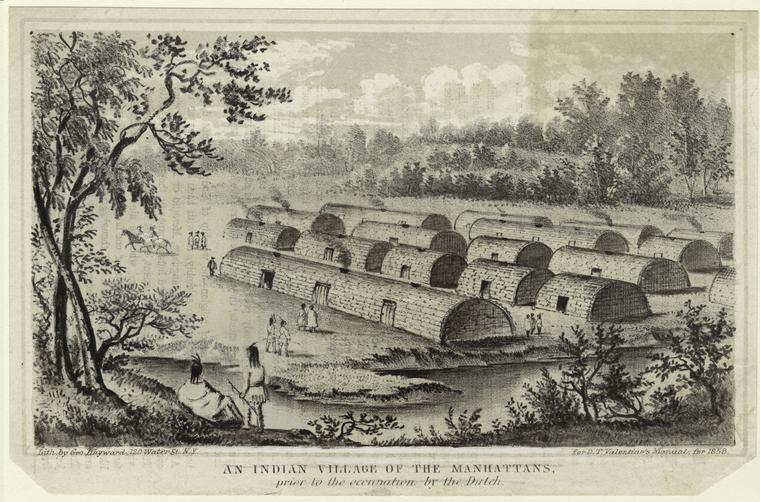Join us as we explore the early history of New Amsterdam and celebrate the many diverse cultures that have created the most international city on earth
UPCOMING EVENTS
See What We Did in 2025!
More →
Discover resources and virtual learning tools for everyone from schoolchildren to researchers and scholars
New Amsterdam History Center
Our Proprietary Tools Take You Back to Early New Amsterdam
We invite you to explore our tools and learn what New Amsterdam looked like and how people lived there
Click on the 3D model and wander through the streets of early New Amsterdam, look in the windows of the houses, and meet the people who lived there.
more
Explore our database of residents, property records, shipping records, and detailed information about the colony.
more
The Castello Plan was created in 1660. You will be able to swipe it to compare today’s map of New York City with the way New Amsterdam looked on the Castello Plan.
more
Learning from Experts
Our educational events and original stories will take you back to seventeenth-century New York
Our history partners share lectures, walking tours, and stories. Join our mailing list to get invited to these exclusive events.
Videos
Watch videos of past lectures and documentaries about early New Amsterdam
Bay of Manhattan
The merchant ship “Trouw” approaches Manhattan in the spring of 1661 by Len Tantillo (above)








